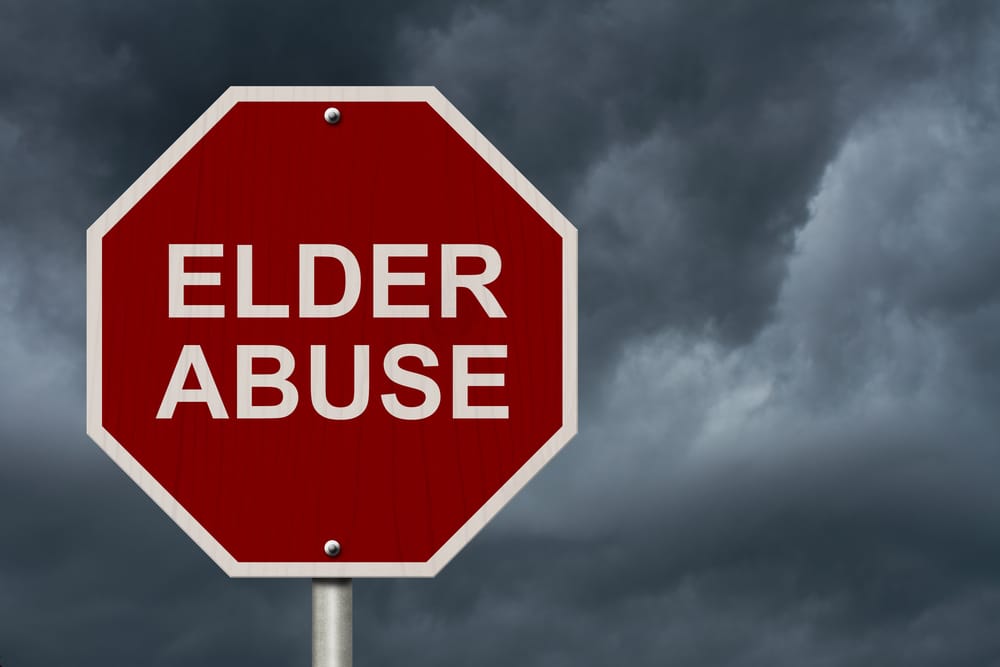Elder Abuse in Rhode Island Nursing Homes

Elder abuse is a tragic reality that impacts most every state in the United States. Now, new reports show an alarming trend in elder abuse rates and nursing home abuse in Rhode Island nursing homes.
According to the Rhode Island Office of Healthy Aging, in 2017, there were 1,377 cases of elder abuse. That is an increase of 444 cases over five years. The cases span state-run facilities, adult day care centers and nursing homes. These rates are equivalent to one in 10 nursing home residents being the victim of abuse or neglect.
Alarming Trends at Rhode Island Nursing Homes
After discovering the alarming increase in elder abuse claims, NBC 10 News delved further into the matter. They discovered that the state has no minimum staffing requirements for nursing homes. The only state regulation is that there must be a Registered Nurse (RN) on site 24/7.
Several elder abuse claims against Rhode Island facilities involve residents falling and no staff members around to help them. Also, several claims involve residents not getting assistance with repositioning, which results in bedsores.
When a resident or family member files an elder abuse complaint, the state Department of Health responds. The Department of Health begins the investigation by conducting a surprise visit to the facility. If there are any deficiencies, the facility must develop a corrective plan of action. This plan of action is monitored by the state.
Some complaints also involve the Attorney General’s office. Over the last two years, the Attorney General’s Medicaid Fraud Control Unit investigated 20 claims of elder abuse in state-run healthcare facilities. Though not exclusive to nursing homes, the office’s Elder Abuse Unit also investigated 73 abuse claims.
Nursing Home Compare Tool Confirms Elder Abuse Rates
Looking at information from the Medicare.gov Nursing Home Compare tool, NBC found that 23 of the 79 nursing homes in Rhode Island rank as “below average” or “much below average.” These rankings include factors like staffing, health inspections and quality of care.
Nursing Home Compare offers more details about the rank of individual facilities. Some of the incidents noted by NBC include:
- A staff member threatening to hit a resident and throwing “air punches.
- A nurse directing staff not to help a resident who was locked in her room. The nurse was upset because the resident reportedly threw pills at her earlier in the day.
- A Certified nurses assistant (CNA) failing to respond to a resident whose call light was on because she was “on a coffee break.”
Long Term Care Ombudsman Statistics on Elder Abuse
Like most states, Rhode Island has a long term care Ombudsman, a program that addresses elder abuse complaints. According to statistics from 2017, the Ombudsman verified:
- 200 of 416 complaints involving nursing homes
- 41 of 78 claims involving an assisted living facility
Sadly, officials believe that these numbers are likely much higher. That’s because a significant number of elder abuse claims are never reported or investigated. Elderly victims may not report abuse out of fear, because the perpetrator is someone they know, or because the perpetrator is someone who cares for them on a daily basis.
Elder abuse victims often have a great deal of fear that reporting abuse will result in their losing care or services. If they report a caregiver or facility, then they may not have access to transportation, meals and daily medical assistance. Of course, retaliation and intimidation are two forms of abuse and should never happen. Sadly, this type of abuse occurs far too often.
Reporting Elder Abuse in Rhode Island
Rhode Island is a mandatory reporting state, meaning that anyone who suspects elder abuse has a responsibility to report it. This includes family members, caregivers, friends, strangers or the victim. State law also imposes penalties on those who do not report the abuse of someone 60 or older. Penalties include a fine of up to $1,000.
To report abuse or neglect in Rhode Island, you can contact the Office of Healthy Aging. If you suspect a nursing home resident is in immediate danger, you should certainly contact the resident’s emergency contact and law enforcement.
If you suspect that your family member is the victim of elder abuse, you may also find it helpful to contact a nursing home abuse lawyer. A nursing home abuse lawyer can help you protect your loved one’s legal rights and pursue justice against those who would abuse them.
Sources:


